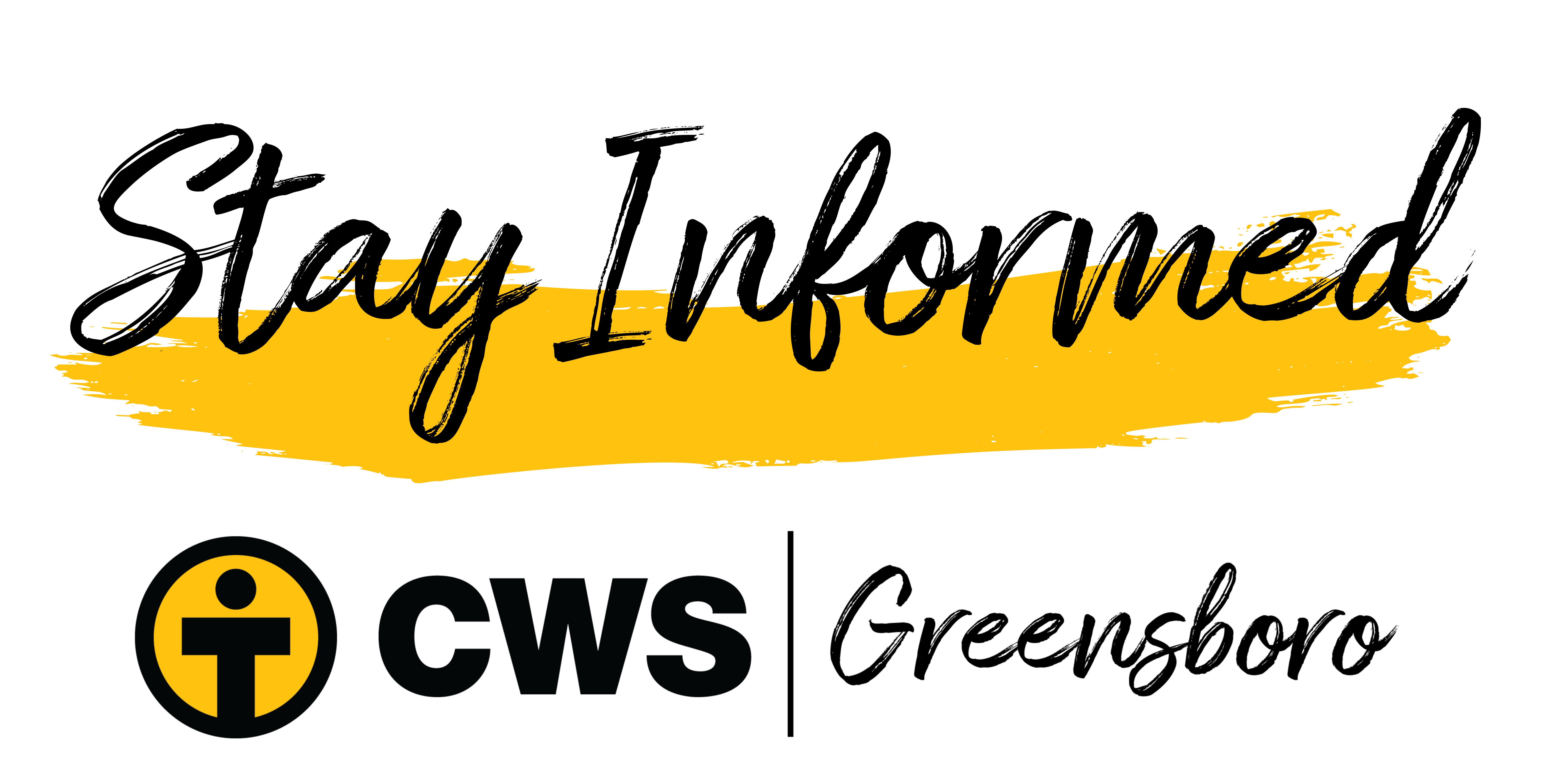Today, I had the pleasure of meeting with Rihab and her family. Though both she and her husband Mustafa are from Sudan originally, they lived for several years working in United Arab Emirates. Mustafa moved to U.A.E. first when he began working as a Bank Manager with the National Bank of Abu Dhabi. Rihab, on the other hand, worked as a statistician in a petroleum company in Sudan until she and Mustafa got married. Then, she joined her new husband in the U.A.E.
In Rihab’s experience, the workforce in the U.A.E was rooted in patriarchy: “The men have it easier when it comes to securing a job in their field.” She had a very difficult time securing a job in her previous line of work.
In the meantime, after 20 years of working for the National Bank of Abu Dhabi, Mustafa was let go. He began the hassles and struggles of trying to secure another job, but could not find anything. Without work, they would lose their ability to stay in U.A.E. Mustafa and Rihab considered the option of relocating back home to Sudan, but by this time, the situation in the country was unsafe for them because of the ongoing conflicts following civil war and partition.
A family friend had won the United States lottery years back, and knowing their predicament, he advised them to visit the United States. In July 2014, Rihab, Mustafa, and their 3 children left U.A.E. and arrived in the US on a 6-month visiting visa. They came to Greensboro, NC, where they stayed with their family friend for a few weeks before getting a place of their own. Before their visa expired, they made the decision to apply for asylum with the help of an immigration attorney. After a three-year wait, they were granted asylum.
Despite Mustafa and Rihab having a Master’s degree in Business Administration and Master’s degree in Environmental Science respectively, securing a job in their career fields has not been easy. In 2015, Mustafa secured his first U.S. job: working a 12/hour shift in a kebab shop. A year later, he secured an even better job with T E Connectivity.
Early on before Rihab had found employment, she dedicated her time to taking care of the children and helping them with their school work. She also gave birth to her and Mustafa’s fourth child. The Sudanese Muslim community helped Rihab tremendously as their family got acclimated to Greensboro: transporting her and her kids before Rihab passed the driver’s test, taking her grocery shopping, and providing friendships for her and her family. And at the same time, CWS was helping them navigate their new community as well: connecting them with jobs, doctors, pre-K for children, as well as basic neccessities to help fill the gaps.
In 2017, Rihab secured a job as a Lab Technician. Unfortunately, the company she worked for shut down the next year, and so she was back in the job market. Last year, she got a job with Labcorp through a recruiting agency. She had only worked for a few months before the pandemic hit. Once again, she was out of a job, and the bulk of the family expenses was back on Mustafa.
Rihab and Mustaf love their children and work to ensure they provide them with a good life in the United States. For Rihab, watching their children grow and attend a good school in the U.S. is a huge achievement. Her youngest child—four years old—starts pre-K this year, which will free up her time.
After being out of work for several years, she hopes to find part-time work in her field soon. Eventually, she intends to pursue a second Master’s degree in either Chemistry or Healthcare Management. Mustafa on the other hand still works with T E Connectivity and is advancing in his work there. He still hopes to find a job in his field of study so that he can make use of his skills and expertise.
Amidst trying to support their children, find their way back to their career fields, and rebuild their life here, they have been journeying through the immigration legal system. In the United States, once families like Rihab’s are granted asylum, they have lifelong work authorization and refuge in this country. But receiving this assurance of asylum is not the same as belonging. They remain stateless. So once Rihab and Mustafa became eligible in 2018, CWS assisted them with their asylum-based green card application (a necessary step on the immigration journey to becoming a U.S. citizen). They have been waiting anxiously for 3 years. This week, they received their green cards. And they are so ecstatic! Rihab told me that they have been receiving guests and celebrating since Thursday.
Congratulations to Rihab, Mustafa, and family. You have so much to offer our community—we hope to see you become citizens and re-established in your career fields before too long.
-Mirabelle Uma (May 22, 2021)

